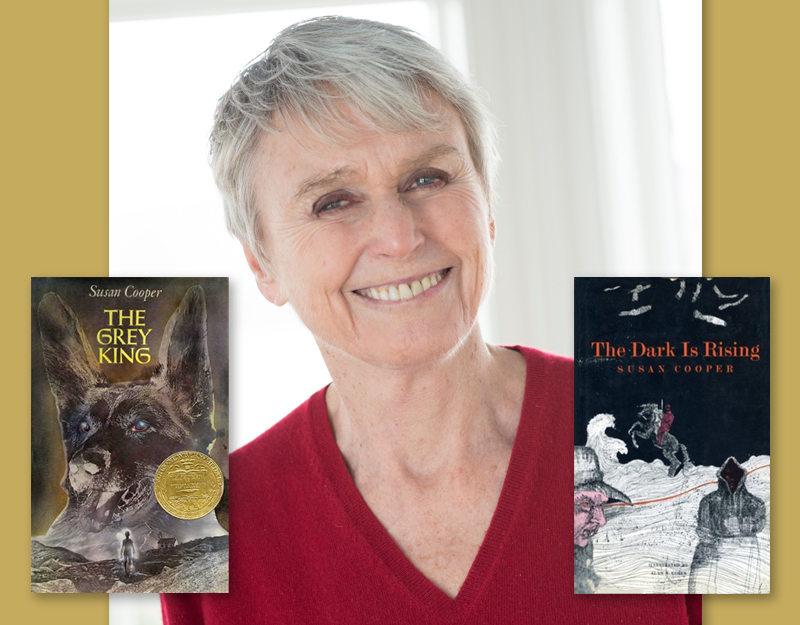Jepp, Who Defied the Stars
 JEPP has come up a few times in comments this season, in most interesting contrast to WONDER SHOW and WILL SPARROW’S ROAD for its depiction of characters with dwarfism. It is easily the most complex and complete depiction of the three, because here the dwarf is the protagonist, and the book itself is longer (nearly 400 pages) and more complex that the other two. In fact, readers of all three quickly realize that these stories are completely different in tone, method, and theme, and that the only similarity is, indeed, the perceiver’s tendency to fixate on physical differences (“three books with dwarfs!” …as opposed to “a thousand books about boys!”).
JEPP has come up a few times in comments this season, in most interesting contrast to WONDER SHOW and WILL SPARROW’S ROAD for its depiction of characters with dwarfism. It is easily the most complex and complete depiction of the three, because here the dwarf is the protagonist, and the book itself is longer (nearly 400 pages) and more complex that the other two. In fact, readers of all three quickly realize that these stories are completely different in tone, method, and theme, and that the only similarity is, indeed, the perceiver’s tendency to fixate on physical differences (“three books with dwarfs!” …as opposed to “a thousand books about boys!”).
Set in three distinct sections, the story uses its hundreds of pages to good effect, following Jepp through several changes in circumstance and a fully-realized coming-of-age arc. JEPP also came up in Jonathan’s Historical Fiction post, with a shout out from Nancy Werlin, by which I read “aha, excellent plot and setting,” since I think her favorites tend to all share this strength. And as I read it, JEPP did have that promising quality of keeping me engaged: I stayed up late for it, read through dinner for it, wanted to finish it but not have it finish. Jepp feels fully real as a character, and his perspective of being thrown into strange new circumstances is the perfect lens through which to show today’s readers details from a 16th century Spanish Dutch court or Tycho Brahe’s home Uraniborg. The setting, in turn, is an appropriate lens for Marsh to develop her theme of fate vs. free will: a person with a physical challenge, during a time when astrology and astronomy were being hotly debated.
ADVERTISEMENT
ADVERTISEMENT
These strengths, in plot and setting, are the most important to an historical fiction. For all its length, I sometimes felt that side characters here didn’t develop as much as they could have (without spoiling too much, for instance, Jepp’s true love stays a little flat; most characters are allowed one stage of deepening/development as Jepp understands them better, and then get stuck there). I also found the pacing a little stilted; though I quickly forgave it as a reader (since, reading voraciously, you get past such hiccups quickly), under Newbery scrutiny this might be cause for pause. This is an historical fiction for historical fiction fans, and I suspect that it might be as challenging to convince some of its merits as it is for MR. and MRS. BUNNY… now wouldn’t that be an interesting comparison at the Newbery table?
Filed under: Uncategorized
About Nina Lindsay
Nina Lindsay is the Children's Services Coordinator at the Oakland Public Library, CA. She chaired the 2008 Newbery Committee, and served on the 2004 and 1998 committees. You can reach her at ninalindsay@gmail.com
ADVERTISEMENT
ADVERTISEMENT
SLJ Blog Network
The Moral Dilemma of THE MONSTER AT THE END OF THIS BOOK
Cover Reveal and Q&A: The One and Only Googoosh with Azadeh Westergaard
K is in Trouble | Review
Fighting Public School Book Bans with the Civil Rights Act
ADVERTISEMENT








>>with a shout out from Nancy Werlin, by which I read “aha, excellent plot and setting,” since I think her favorites tend to all share this strength…<<<
Oh, how interesting — that glimpse of what I project. I don't think it's true, though. I do love a good plot, but I am almost indifferent to setting. What I look for as a reader is an immersive reading experience. I look to be swept up by the writer's skill at telling the story, so that I believe the whole thing on an emotional level. Mostly this means hewing true to what the characters would REALLY do, say, and feel at every junction.
Yup: “immersive reading experience” is exactly what I meant by “plot and setting,” just a better way to describe it. I do think setting plays into that experience, whether it’s consciously noted or not.
I’m two thirds of the way through this one and should finish it tomorrow morning. This would make for a good comparison with THE WICKED AND THE JUST and THE UNFORTUNATE SON, not just because of the genre (historical fiction) but because of the audience (grades 7-9). More thoughts later.